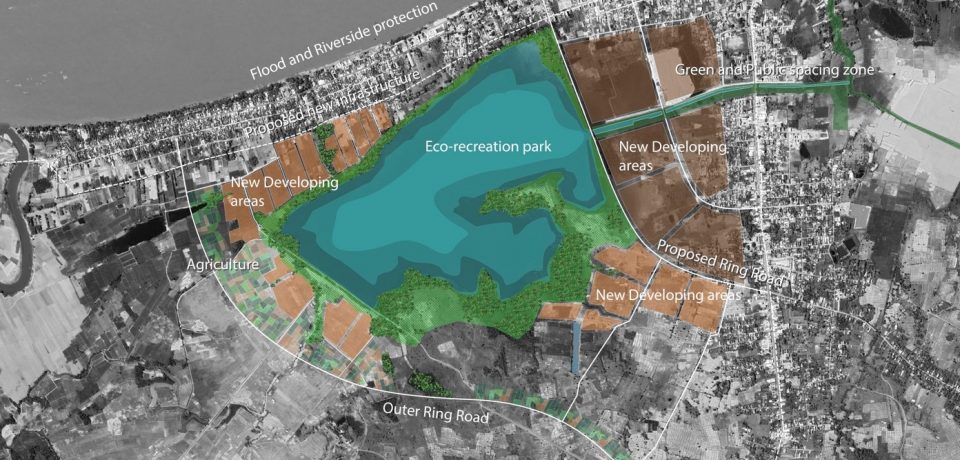URBANLOGIC (in association with Niras (Denmark) provided advice to AFD and the Government of Cambodia to assess the nature, and spatial location of climate hazards, vulnerabilities and risks in the secondary cities of Battambang, Kampot, Kratie and Chhlong. The main objective of the assessment was to improve the resilience of the cities’ urban/urban fringe infrastructure and to strengthen their ability to manage disruption from climate change related and other natural hazards.
The overriding aim for URBANLOGIC was to provide the critical spatial planning advice and socio-economic assessments, including: (i) implementable policies, plans and projects, ensuring better resilience for the cities’ generally; (ii) climate adaptation measures which set an integrated planning and design context for the protection of vulnerable urban/urban fringe areas, the urban poor and heritage conservation areas; and (iii) capacity building and monitoring requirements in urban planning and design. Numerous city specific green infrastructure projects were identified, along with linked system-oriented actions to enable pathways to implementation to be recommended. Critical components of policy analysis, local governance and municipal finance were highlighted through a stakeholder engagement process and an adaptive capacity assessment and training needs analysis, to develop a road map for institutional and human resource capacity development in support of climate change adaptation and resilience.


